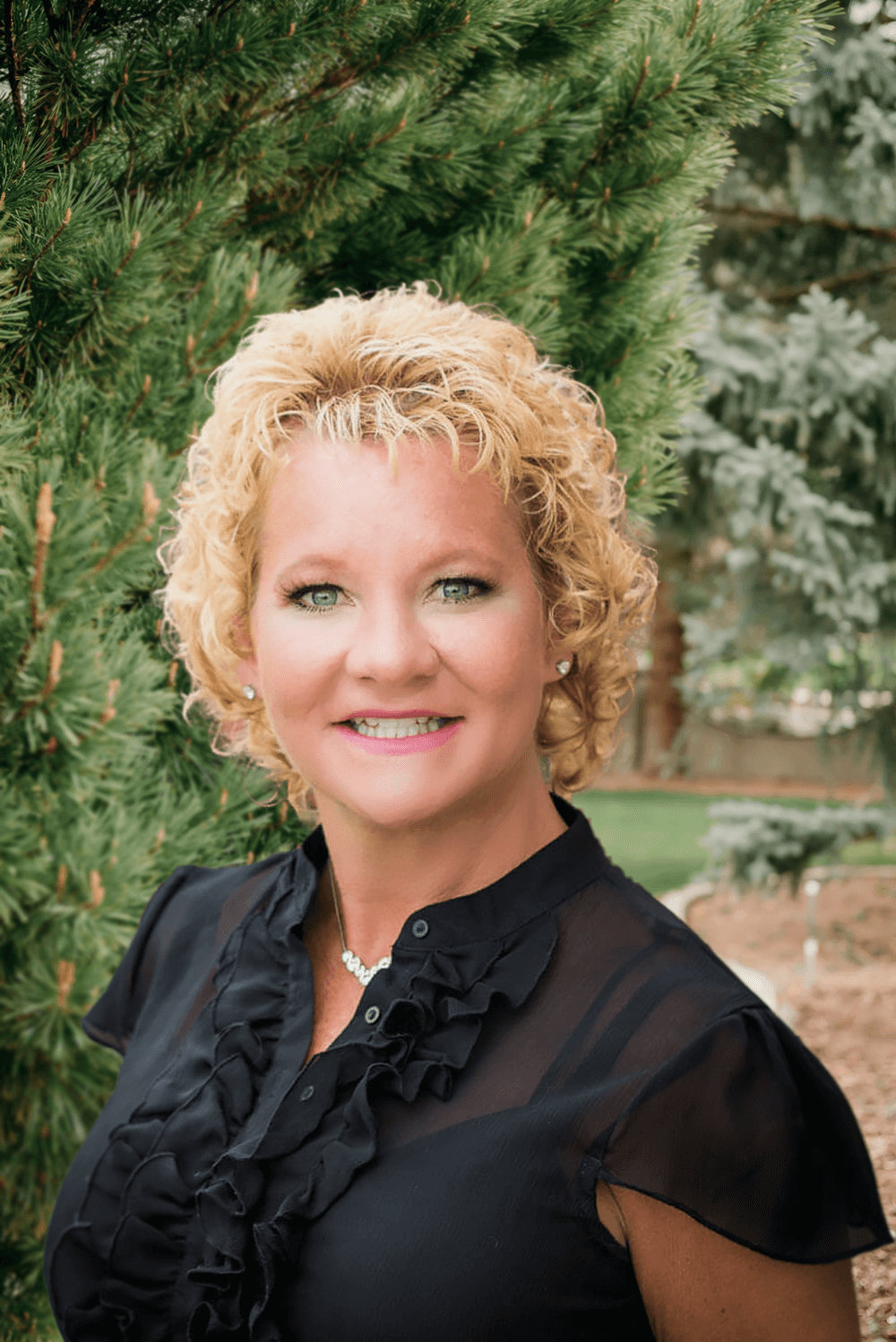According to data from Gallup, the percentage of US adults who report consuming alcohol has declined to 54%, the lowest in 90 years. This shift is partially due to a growing “Sober Curious” movement among Americans, especially young adults, who recognize that even moderate drinking can be harmful to health [1].
Being sober curious (SC) means being mindful of alcohol consumption and encourages people to understand why they drink, when they do, how much, and how it affects them. It doesn’t aim to shame drinking as a whole, but rather help people make more informed decisions that benefit their health and well-being [2].
What Is “Sober Curious”?
The term #sobercurious has been trending on social media as more people share that they are taking a break from alcohol or drinking less. The term comes from the book “Sober Curious” by Ruby Warrington, which encourages people to reflect on the role alcohol plays in their lives [3].
It examines how drinking is often used in celebrations, social activities, or to “unwind”. Being sober curious means being mindful of these habits and choosing if and when to drink intentionally, rather than out of habit or social pressure.
The sober curious movement aims to challenge drinking culture and norms, improve people’s health, and reduce risky behaviors and accidents related to alcohol.
Sober Curious vs Sobriety
Sober curious is a flexible mindset and a general movement to encourage a less normalized culture of drinking. People who are sober curious may choose to drink less heavily, often, or quit drinking altogether.
Sobriety is the abstinence of alcohol (completely quitting drinking). It’s usually a firm, long-term commitment to abstaining from alcohol. People who choose to be sober often do so because of alcohol addiction recovery, health issues, religious or spiritual beliefs.
What Are “Sober October” and “Dry January”?
These are month-long challenges that encourage people to take a break from alcohol consumption, coming before and after heavy drinking periods like Thanksgiving in November, and Christmas and New Year’s in December.
Researchers refer to these as “temporary alcohol abstinence challenges,” or TAACs, and around 7% of adults aged 18 to 29 in the US have participated in them. Around half of the TAAC participants reported drinking less after the challenge, and many others reported positive effects, such as improved sleep, reduced bloating, and enhanced mental clarity [2].
“The sober curious phenomenon, as well as TAACs, provides opportunities for individuals to evaluate their relationship with alcohol. Many people need help for alcohol use disorder or alcohol misuse, and these movements have helped to create a cultural space for exploring and changing their drinking behavior,” said NIAAA Director, Dr. George F. Koob.
Potential Health Benefits of Drinking Less
Besides saving money and avoiding hangovers, there are several reported health benefits for people who reduce or quit drinking [4][5].
- Higher Quality Sleep: Although a “nightcap” is often used to help people relax and fall asleep, over time, it can disrupt our sleep cycle. Better quality sleep is one of the top things reported by people who reduce or quit drinking alcohol.
- More Energy: Alcohol is a diuretic that removes fluid from the body, leading to dehydration and fatigue. Restoring this hydration and removing alcohol can help with headaches, improve strength, and increase focus.
- Immune boost: There is evidence that reducing alcohol can boost your immunity and increase white blood cell production to fight off bacterial and viral infections.
- Healthier Skin: Reducing alcohol can reduce inflammation, rebalance oil production, and lead to clearer skin. Many report less puffiness, fewer breakouts, and a reduction in conditions such as rosacea.
- Better Gut Health: Alcohol can destroy the gut lining, leading to increased bloating, indigestion, brain fog, and fatigue.
- Improved Mental Health: Reducing alcohol has been associated with reduced anxiety, depression, and general improvement in mental well-being.
How to Quit Drinking Safely
If you want to reduce or quit your drinking, there are several steps you can take to help you do so at home. Keep in mind, these tips may not apply to everyone, especially daily or chronic drinkers. If you struggle with chronic alcohol use, you may experience withdrawal complications if you quit drinking without professional intervention.
Decide Your Goal and Reason for Wanting to Quit
Do you want to take a break from drinking? Practice moderation? Complete abstinence? Decide first what mindful drinking looks like to you, and your reasons for wanting to be sober curious or sober.
For some, quitting is necessary due to a medical condition or addiction. Others may want to just take mindful breaks to reduce bloating, breakouts, and improve overall health.
Build a Plan and Follow Through
Remove alcohol from the home, do sober activities (e.g., going to the movies or on a hike instead of to the club or a bar), and find a trusted person to talk to whom you won’t be tempted to drink with.
Rest, Hydrate, Destress, and Go Easy On Yourself
When removing alcohol from your routines, remember to drink enough water, rest, get daily exercise, and sufficient sleep. Practice healthy skills to manage stress, such as breathing exercises, or sensory activities (self-massage).
Talk With a Clinician if You Drink Heavily or Daily
If you are a daily drinker, it can be difficult or even dangerous to quit on your own, cold turkey. Alcohol withdrawal can lead to distressing physical symptoms, including nausea, dizziness, irritability, aggression, anxiety, the shakes, or seizures.
It’s best to connect with a professional treatment program that can provide supervised outpatient or inpatient alcohol detox.
Reduce Drinking and Restore Your Gut Health with Tailored Wellness at Maple Mountain
Maple Mountain Mental Health & Wellness supports gut health restoration and recovery after drinking through a functional medicine approach that addresses the root causes of gut imbalance. Our team creates personalized treatment plans incorporating targeted nutrition, lifestyle modifications, and advanced therapies to help you reduce drinking habits, heal the gut lining, reduce inflammation, and improve your mental well-being.
Our focus on individualized care empowers clients to rebuild healthy habits that support overall physical and mental health. Contact our admissions team today to connect with an alcohol treatment program.
Frequently Asked Questions About the Sober Curious Movement
What Does “Sober Curious” Mean?
A mindful approach to alcohol where you question habits, take breaks, and try defined breaks like Dry January, or choose alcohol-free options—without committing to permanence
How do I quit drinking?
Set a goal, tell someone supportive, plan alcohol-free activities, and track urges. If you drink heavily or daily, talk to a clinician first due to withdrawal risks.
Is it safe to quit cold turkey?
Not always. Heavy or daily drinkers face withdrawal risks. Connect with professional support or seek medical guidance.
What changes after I cut back or quit?
Experiences vary, but people often report better sleep (easier to fall and stay asleep), a more stable mood and positive outlook on life, and increased physical energy.

Sources
[1] Saad, L. 2025. U.S. Drinking Rate at New Low as Alcohol Concerns Surge. Gallup.
[2] Sober-Curious Young Americans May Be Changing the Conversation Around Alcohol. 2024. National Institute on Alcohol Abuse and Alcoholism.
[3] Warrington, R. 2020. Sober Curious: The Blissful Sleep, Greater Focus, Limitless Presence, and Deep Connection Awaiting Us All on the Other Side of Alcohol.
[4] Macdougal, C. 2024. How does alcohol affect the microbiome? MD Anderson Cancer Center. University of Texas.
[5] Alcohol and Drug Foundation. 2022. Understanding alcohol and our immune system.




